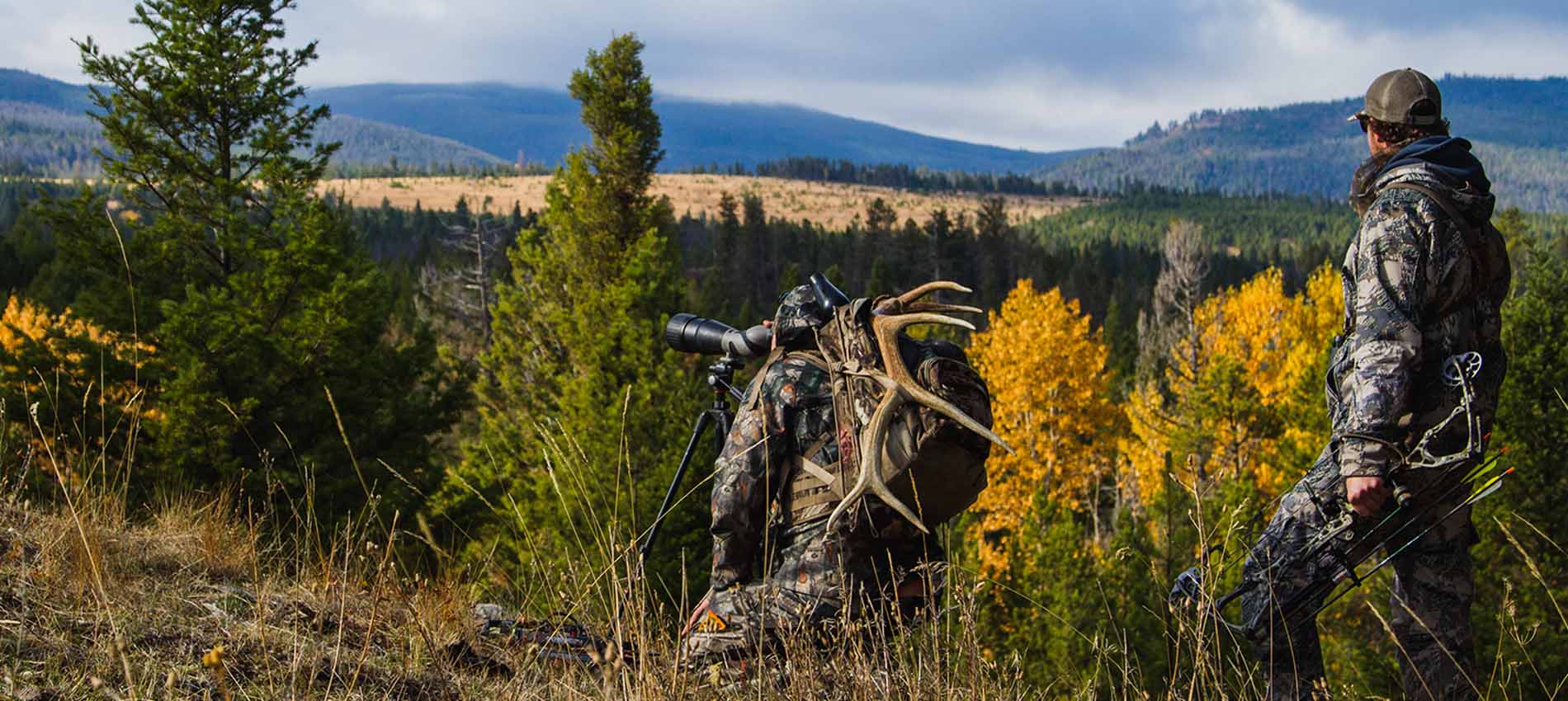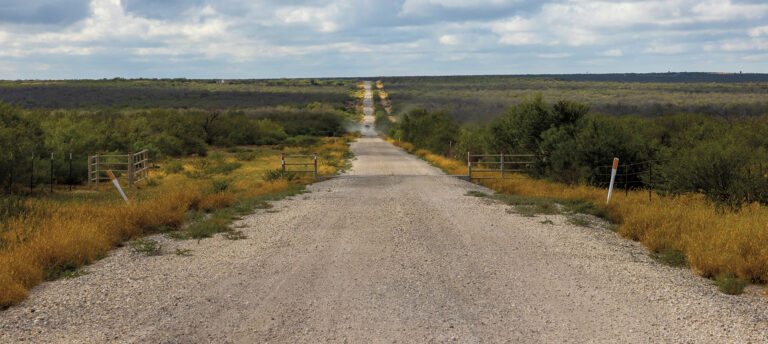This is a guest post from OutdoorHub, a leading publisher of news and advice for hunters, anglers and shooters.
Written by OutdoorHub Managing Editor Dave Maas
In the Midwest, home to some of the biggest whitetails on the planet, the leaves are changing and falling to the forest floor. Whitetail bucks are scraping and looking for a hot doe, but it’s just a bit early for breeding. This is the time to score on a mature buck, but only if you avoid these five common mistakes.
#1 Assuming broadheads fly like field points.
You’ve done a good job practicing during the summer, so all you must do is switch field points for broadheads of the same weight, and you’re good to go, right? Wrong. I’ve tested many broadhead designs—fixed blade and mechanical—through the years, and it’s amazing to me how point-of-impact from field points to broadheads can shift at 20 yards, even 15 yards. I’ve purchased high-quality broadheads from major manufacturers and had them impact 6 inches below the bull’s-eye at 20 yards. For what it’s worth, the best-flying broadheads for me — and the three compound bows I’ll utilize this fall — are the four-blade, 125-grain Magnus Stinger Buzzcuts. Give them a try on your bow; I think you’ll be impressed. Note: These heads come in lighter weights, too, but I’ve found that heavier broadheads penetrate deeper.
#2 Moving while on stand.
The best camo, scent control and treestand placement can’t save Mr. Fidget from being spotted by a whitetail, so . . . stop moving! I like to bring a book into the treestand; I’ll slowly glance up after every paragraph. That way, the hours pass quickly on stand without me doing a dance in the stand. (FYI: This weekend I plan to start Eva Shockey’s book, Taking Aim. I’ve heard good things from people I trust.) Play games on your phone if you must. Whatever—just stop moving and alerting deer to your presence.
#3 Ignoring the wind.
You have a favorite treestand. We all do. And you’ve been saving it for the best weekend of the year. But the wind is wrong, and you hunt it anyway. Wrong, wrong, wrong!
NEVER assume that you can get away with a marginal wind. A mature doe or buck will bust you EVERY time. Before each sit, test/check the wind and then make your best decision with the wind in your favor. Period.
#4 Wearing noisy clothing.
Look, I’m not going to tell you that one brand of camo is better than another. But whatever you choose, the most important feature of that gear is that it’s quiet. You should be able to go from sitting to standing without making a sound. The same goes for drawing your bow. If you can hear it, a deer can hear it, especially on a crisp/cold morning with zero wind. And you don’t have to spend a ton of money to get great-performing, quiet gear. Example: I love wearing fleece because it’s deadly silent; the Cabela’s Outfitter Berber Fleece Pullover I’ll wear this weekend in the stand is on sale now for $65.99. Enough said.
#5 Waiting too long to draw.
Of the handful of topics I’ve covered here, this is the one I struggle with the most. I’m so worried about spooking a buck at close range with movement, that I often don’t get to full-draw before it’s too late. Remember this: You can’t shoot if you don’t draw. Period.
It’s better to draw a bit early than a bit late. Trust me, with today’s 80 percent let-off bows and the excitement of the moment, you’ll be able to hold the string at full-draw longer than you think. If you wait too long, however, the chance could pass and you’ll be standing there thinking, why didn’t I draw my bow!
Do your best to avoid these five blunders, and good luck this weekend!
This is a guest post from OutdoorHub, a leading publisher of news and advice for hunters, anglers and shooters.

